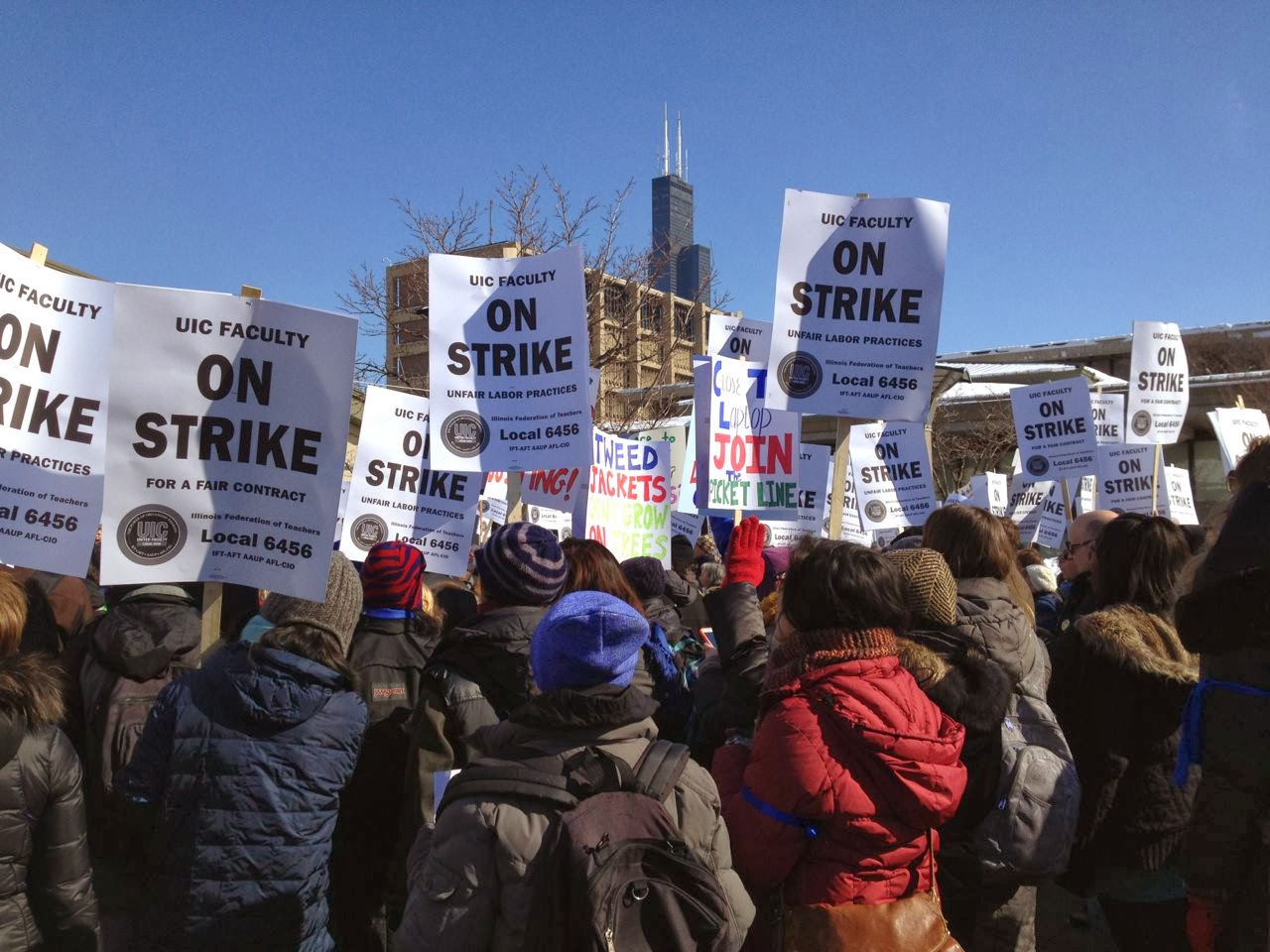We Support the College Diversity Requirement
We, the undersigned faculty of the University of California, Los Angeles, express our enthusiastic support for a College Diversity Requirement for students within the College of Letters and Science. Our signatures reflect our confidence in the process, proposal, and the expected benefits of such a requirement for our students and our campus more generally. We recognize fully that for over 30 years, generations of students have worked hard alongside faculty in achieving this goal and now is the time to bring that long effort to fruition. Through enactment of this measure we will join our colleagues throughout the University of California system in providing pedagogy consistent with our mission to educate the next generation of engaged intellectual leaders in a complex and interconnected global society.
For more information about the College Diversity Initiative please visit votediversity.ucla.edu
Emily Abel, Health Policy and Management
Michael Alfaro, Ecology and Evolutionary Biology, Institute for Society and Genetics
Paul Barber, Ecology and Evolutionary Biology
Ali Behdad, English
Charlene Black Villaseñor, Art History
Maylei Blackwell, Chavez Chicana/o Studies
Dan Blumstein, Chair, Ecology and Evolutionary Biology
Karen Brodkin, Anthropology
Carole Browner, Anthropology
Allison Carruth, English, Institute of Environment & Sustainability
Denise Chavira, Psychology
Amander Clark, Molecular, Cell and Developmental Biology
King-Kok Cheung, English
Keith Camacho, Asian American Studies
Erica Cartmill, Anthropology
Tiffany Cvrkel, Molecular, Cell, and Developmental Biology
Elizabeth DeLoughrey, English
Robin L. H. Derby, History
Michelle Erai, Gender Studies
Christopher Evans, Psychiatry; Director, Brain Research Institute
Robert Fink, Musicology
Jacob Foster, Sociology
Susan Foster, World Arts & Cultures
Lowell Gallagher, English
Adriana Galvan, Psychology, Brain Research Institute
Alicia Gaspar de Alba, Chair, LGBT Studies Program, Chavez Chicana/o Studies
David Glanzman, Integrative Biology and Physiology
Yogita Goyal, English
Carlos Grijalva, Psychology
Akhil Gupta, Anthropology
Sondra Hale, Anthropology, Gender Studies
Tama Hasson, Integrative Biology and Physiology
Courtney Heldreth, Dean’s Life Science Advisory Committee, Psychology Grad Student
Tobias Higbie, History
Alexander Hoffmann, Microbiology, Immunology, and Molecular Genetics; Institute for Quantitative and Computational Biosciences
Grace Hong, Asian American Studies
Darnell M. Hunt, Sociology, Director, Ralph J. Bunche Center for African American Studies
Luisa Iruela-Arispe, Chair, Molecular Biology Institute; Molecular, Cell, and Developmental Biology
Alicia Izquierdo, Psychology, Behavioral Neuroscience
Tracy Johnson, Molecular, Cell and Developmental Biology
Robin D. G. Kelley, History
Chris Kelty, Institute for Society and Genetics, Information Studies, Anthropology
Raymond Knapp, Chair, Musicology
Kathleen Komar, Comparative Literature
Paul Kroskrity, Anthropology
Anna Lau, Psychology
Jinqi Ling, Asian American Studies, English
Francoise Lionnet, French and Francophone Studies
Arthur Little, English
Jamie Lloyd Smith, Ecology and Evolutionary Biology
Kirk E. Lohmueller, Ecology and Evolutionary Biology
William Lowry, Molecular, Cell, and Developmental Biology
Jessica Lynch Alfaro, Institute for Society and Genetics
Kathleen McHugh, Comparative Literature, Gender Studies
Muriel C. McClendon, History
Michael Meranze, History
Claudia Mitchell-Kernan, Anthropology
Harryette Mullen, English
William I. Newman, Earth, Planetary and Space Sciences
Paul Ong, Urban Planning
Aaron Panofsky, Public Policy, Institute for Society and Genetics
Jeffrey Prager, Sociology
Todd Presner, Germanic Languages
Gerardo Ramirez, Psychology
Marilyn Raphael, Geography
Jan Reiff, History, Statistics, Digital Humanities
Alvaro Sagasti, Molecular, Cell and Developmental Biology
Lawren Sack, Ecology and Evolutionary Biology
Van Savage, Biomathematics
Jenny Sharpe, English
Ross Shideler, Comparative Literature, Scandinavian Section
Dwayne D Simmons, Integrative Biology and Physiology
Russ Thornton, Anthropology
Christopher C. Tilly, Urban Planning, Institute for Research on Labor and Employment
Aaron Tornell, Economics
Belinda Tucker, Psychiatry, Institute of American Cultures
Christel H. Uittenbogaart, Microbiology, Immunology and Molecular Genetics
Blaire Van Valkenburgh, Ecology and Evolutionary Biology
Abel Valenzuela, Jr., Chair, Chavez Chicana/o Studies,
Stephanie White, Integrative Biology and Physiology
Norton Wise, Institute for Society and Genetics, History
William Worger, History
Richard Yarborough, English
Pamela Yeh, Ecology and Evolutionary Biology
David Yoo, Asian American Studies
Charles E. Young, UCLA Chancellor Emeritus
Maite Zubiaurre, Spanish & Portuguese

